Description
For every woman who “does it all” . . . except get a good night’s sleep!
More than 60 percent of American women have trouble sleeping― which isn’t surprising, as they have a higher risk of developing sleeping problems. But addressing this issue is more nuanced for women than for men; pregnancy and menopause are just two factors that add complexity to an already difficult problem. At the risk of jeopardizing work, parenting, relationships, or overall health, no woman can afford to deal with sleep deprivation on her own.
The Women’s Guide to Overcoming Insomnia is a roadmap for those who experience anything from occasional bad nights to chronic insomnia. It outlines several methods to overcome these issues and improve physical and emotional well- being. From medical sleep aids to nonmedical approaches, the book looks beyond the basics of sleep hygiene, helping women to retrain their bodies and minds for a good night’s sleep every night.
Read more

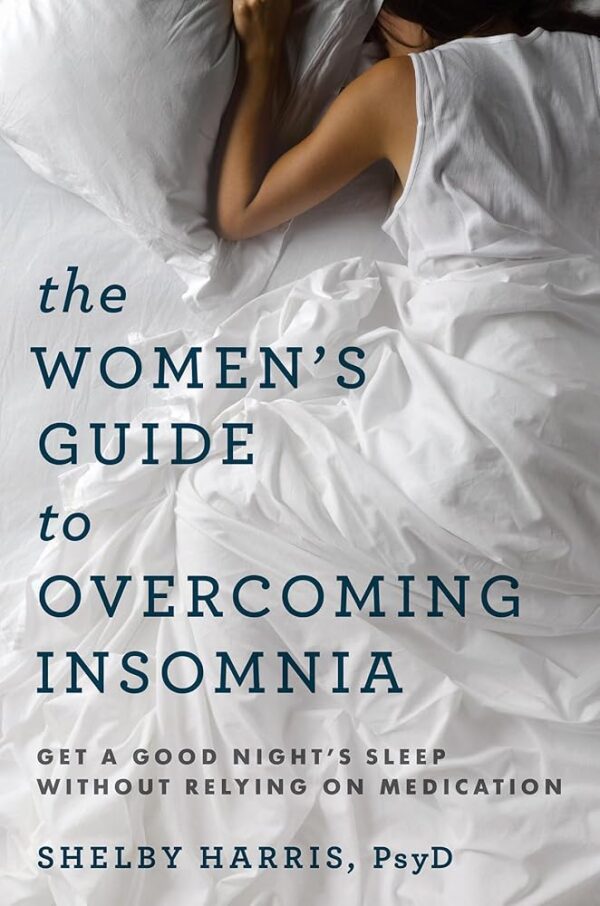

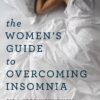

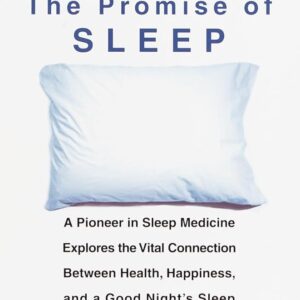
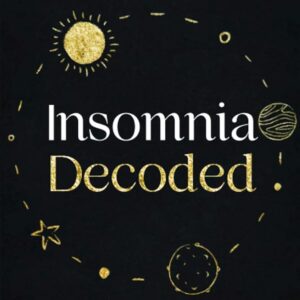
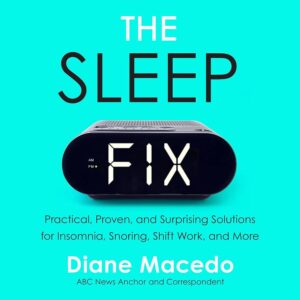
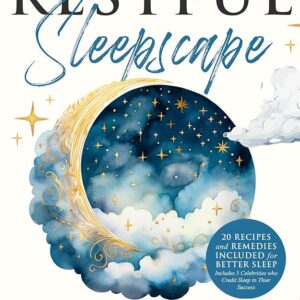
TFam –
This book is well written, straightforward, women friendly and a must read for anyone experiencing and trying to understand sleep issues. The counterintuitive advice for CBT-I is a huge game changer. I even gifted several copies of this book to several friends and they all loved it!
Learning New Ways –
I read this book and am following the chapters on sleep restriction and sleep triggers.
I am eleven days into following the sleep restriction chapter and the chapter on sleep triggers. One problem with the book is that I have no idea whether my experience with this process is normal or whether I am hurting myself by continuing it. In my second week of sleep restriction (to 7 hours 10 minutes allowed maximum in bed with a fixed wake-up time), I ended up pulling back on the restriction because I had four nights in a row averaging less than 4 hours a sleep. To get any sleep at all the last two nights, I’ve had to take Ambien. So, I shifted to going to sleep when I was sleepy as long as it was 10 pm or later. This failed, however, as I immediately became alert once I was in bed. I am still sticking to the fixed wake-up time. I am very sleepy during the day, useless for working, and have to do things to keep myself awake.
I have had problems with insomnia since childhood, and it’s become only more frustrating in recent years.
This book offered the best description of (a) the circadian clock and (b) the sleep drive I have ever read. I saw a CBT doctor about 10 years ago for my insomnia, and he did a terrible job, mostly focusing on sleep hygiene. He also seemed to have some unresolved psychological problems himself, a common problem I’ve found in psychologists trained in CBT or behavior psychology, neither of which gets at subconscious emotional issues.
In this book, Harris does a great job efficiently and directly explaining how the human body works on these sleep drive and circadian rhythm and offers a doable plan for restoring a reliable version of both.
My rating was not a full five stars because she provides only very limited information about emotional triggers. She is concerned only with “worrying”. Her remedy for that is the typical CBT approach of (a) change your thoughts to (b) change your feelings. I think this is a robotic approach and is unrealistic and too primitive a method for dealing with emotional issues. Actual psychotherapy or “depth psychology’ is probably warranted for chronic emotion-based insomnia triggers, but she does not even mention it.
The focus on women is a bit of tangential issue. While things like pregnancy, early lactation, and menopause might trigger insomnia, they are very manageable triggers in the clear way Harris explains it. She does a good job “shrinking” these phenomena to an appropriate place, rather than the often over-dramatized and pathologized position too many people place them.
The real strength of the book is in the chapters on sleep drive/sleep triggers and on sleep restriction. It’s helpful to read the whole book so you can understand the fundamentals of what you’re trying to do with these. But don’t forget to get som other help with chronic emotionally based insomnia if you have it.
Good job by Dr. Harris with as far as the book goes, however.
Zinger –
This book has helped me ENORMOUSLY! I have been taking sleep medication for over 20 years and thanks to this book, I am now one month without taking it and am sleeping! I never thought it would be possible. Thank you so much. I highly recommend this book. It is so well presented, user friendly and clear. I am truly grateful!!!
Laurie A –
This book is top-notch. It is well-written, conversational rather than preachy, and focuses on women’s unique needs. It helped me to change my outlook and approach to dealing with insomnia and has made a positive difference in my life. I recommend it for woman of all ages who are struggling with sleep issues.
Amazon Customer –
This program was not easy, but after decades with insomnia, it was the thing that finally worked! I did this program alongside mindfulness insomnia meditations, and I’ve slept well ever since. If I have a bad night, invariably it’s because I didn’t follow my schedule. This changed my relationship with and approach to sleep. I now look forward to going to bed rather than avoiding or stressing myself out about it. Commit yourself fully, trust the process and let your life change.
Anne Jones –
This book repeats the same info you can pick up from any magazine article or morning talk show. Doesn’t adequately address how much influence anxiety and stress has on sleep quality, but instead deals with “strategies”. Instead you would be better off learning to decrease your anxiety and/or lessen your stress. I have learned so much more watching YouTube videos from Peter Attia, Matthew Walker, among many others. So try them out for free.
Julie Ireland –
A great resource for anyone wanting to build a foundation of learning to improve their sleep and life. I would love to see a follow up book with some more in-depth information, but the author balanced sharing content without overwhelming the reader.
red122 –
I’ve never, ever been a “good sleeper” but as I got older (now in my mid 40s), it got worse – the pressures of life would have me staring at the ceiling for hours in the middle of the night. I never wanted medication though because I was afraid it’d affect my day performance. Then came along this book, and if you’re having trouble sleeping, I can’t recommend it highly enough.
This book helped in a number of ways:
– Instead of just telling me what not to do, it helped me understand why certain choices I was making were really hurting me (like just lying in bed at night wide awake)
– It helped me think about how I could change my behavior – even addressing common “I can’t do that because…” excuses and how to overcome them
– It gave me tools to measure, assess and improve my sleep
– Most importantly, it made me realize that I’m not alone – which when you’re up in the middle of the night, it’s hard to remember that.
I really am sleeping more soundly and when I wake up in the middle of the night, it’s no longer a 3 hour marathon; usually, I just fall back asleep.
I’ve got better sleep habits and I feel more empowered – going to bed doesn’t intimidate me anymore. Now, I just go to sleep. Note: I’m not saying that I’m a great sleeper now – but I am saying that I’m sleeping better and I’m stressed about it (which might some of the reason I’m sleeping better!). I’ve had to make choices and it requires changing some of my behavior, but before, I was just guessing on what to do. If you’re willing to put in the work, I really do believer you’ll see some changes – I sure have.
Thank you, Dr. Shelby Harris!